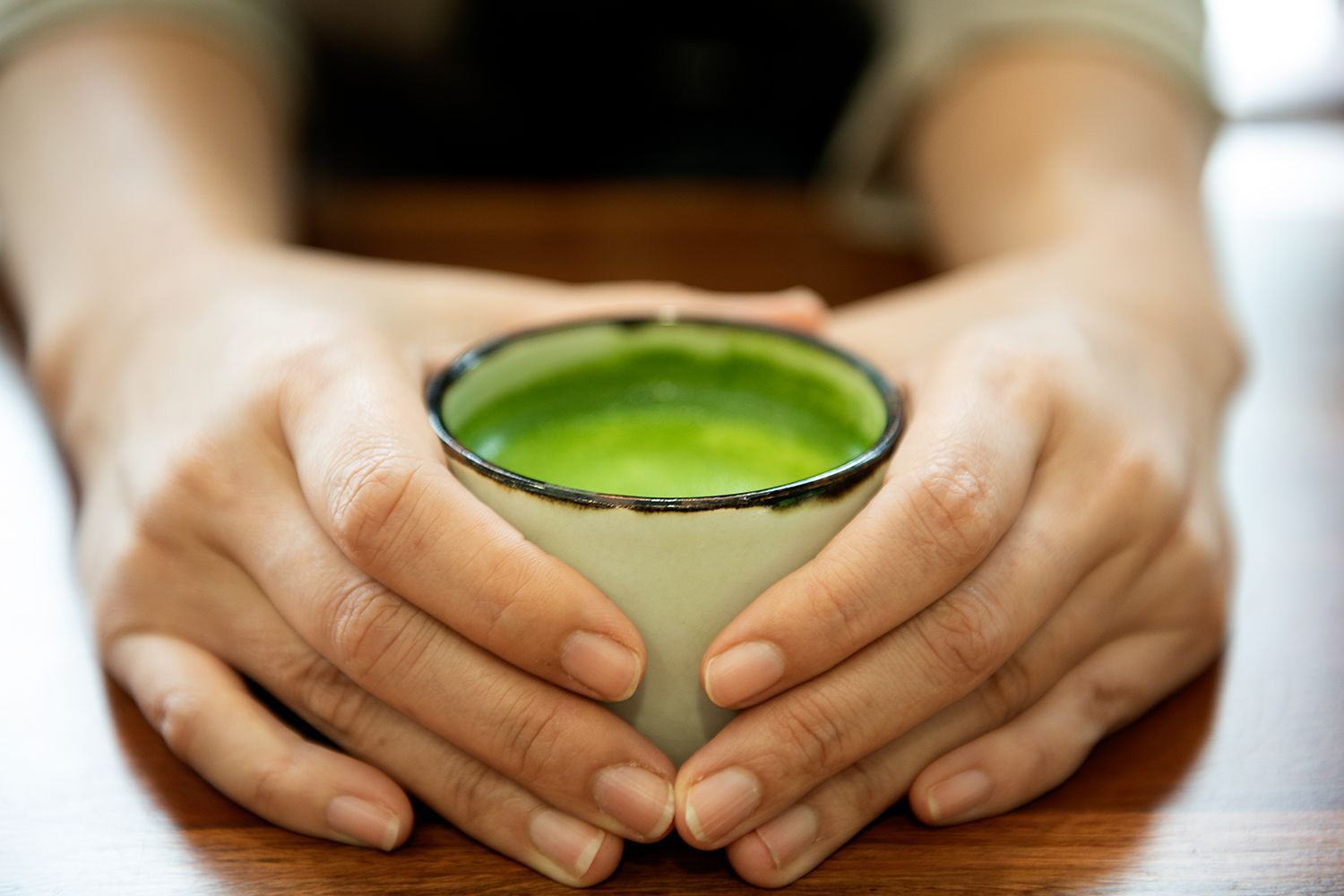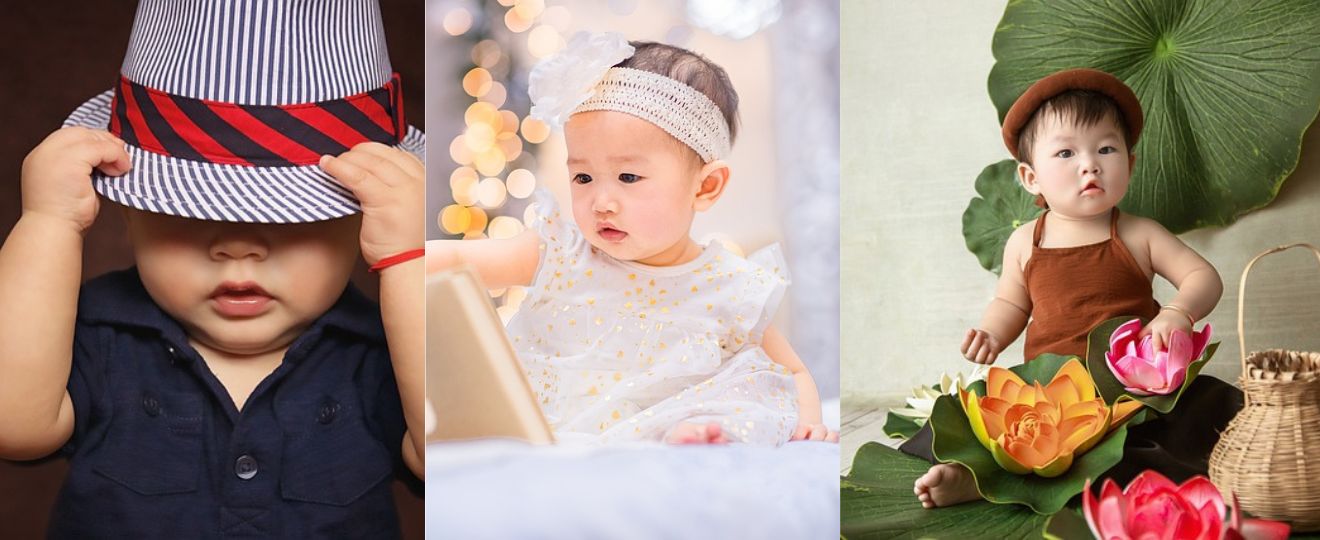It is a renowned fact that yoga has a multitude of health advantages, varying from flexibility and physical strength to spiritual and mental awakening. Apparently, the best organic matcha tea has been utilized for centuries by Zen Buddhist monks in Japan for tea ceremonies and meditative practices. We all are pretty much familiar with the fact that high-quality matcha powder possesses excellent properties, such as L-theanine and Epigallocatechin gallate (EGCG), which give ultimate benefits to the mind and brain. It is safe to say that organic matcha green tea is the superfood of the era.
Both yoga and matcha have positive effects on mood.
It is not that common for anyone to step out of a yoga session feeling starving. It happens most probably due to yoga’s anxiety lowering and calming effects on the mind. Many scientific studies have illustrated that yoga promotes GABA levels in the brain, which is linked to decreasing anxiety and improving mood. In the same manner, if you plan to buy decaffeinated matcha tea, you need to know that it has a unique compound named L-theanine, which has been known for reducing high levels of blood pressure that would typically be induced by stressful circumstances or perceived anxiety.
Both yoga and matcha both leave you relaxed and energetic.
Along with the presence of amino acid L-theanine, the matcha blend contains caffeine. The assortment of both caffeine and amino acids together has proven to alleviate tiredness, improve alertness, and combat mental exhaustion and headaches. This means you might have a quick dose of energy without crashes or jitters afterward, which coffee drinkers normally experience.
Likewise, yoga and some poses have been known to improve vagal tone, hence, increasing self-esteem and energy levels. Indeed, yoga is both a mental and physical practice involving a succession of steady isometric contractions and isotonic contractions with an apprehensive focus on breath, leaving the individual feeling calm and strong.
Yoga and matcha have been practiced for centuries.
Many would be surprised to know that matcha was first consumed as a powdered tea in the 12th century by Japanese Zen Buddhists, primarily for traditional tea ceremonies. Japanese culture still retains this ritual in very high regard, and it strictly has to be matcha and water. As of now, where the best organic matcha is used for tea ceremonies, the culinary and premium variants can be seen used in a wide range of cakes, lattes, desserts, and ice creams. Sounds amazing, right.
ENDNOTE
Although there is no agreement on when yoga originated, one can agree that its origin was before the common era. Also, it came to the notice of western society in the mid-19th century and has grown to be a popular practice. Yoga and matcha are still making their way into a plethora of rituals in people’s daily lives. Yoga and organic matcha green tea are ideal for preserving both physical and mental health. This is why millions of people greatly admire both of them.







